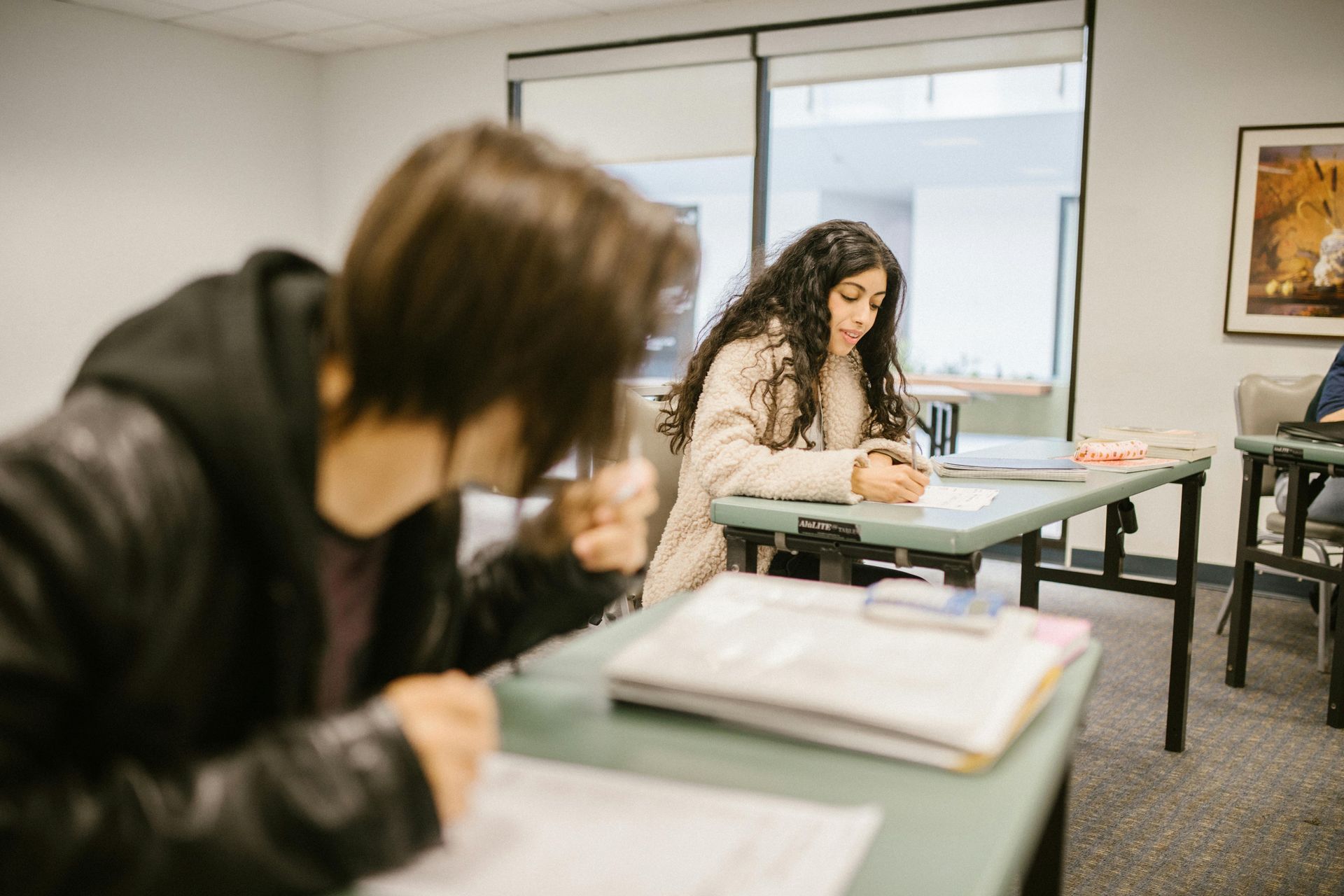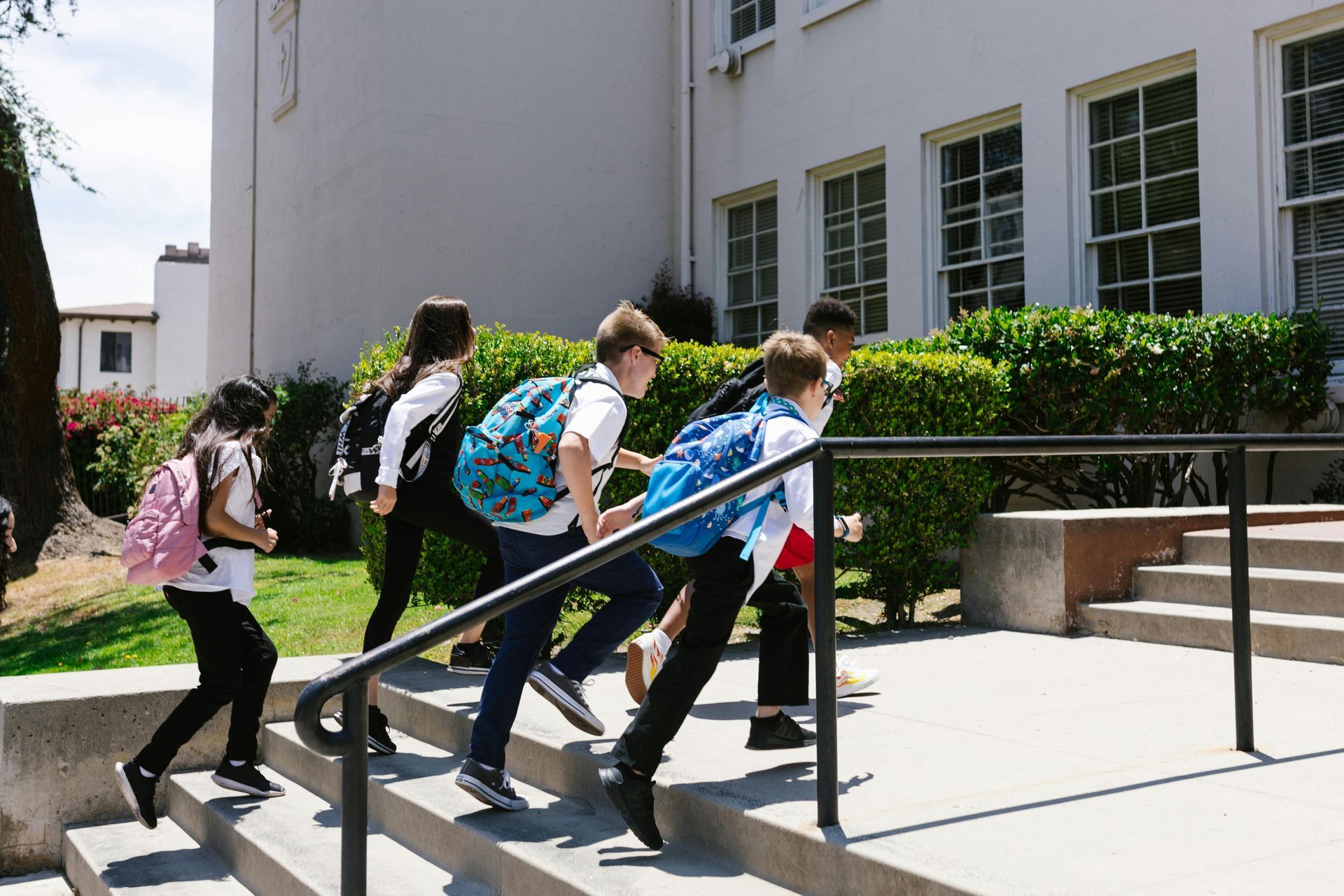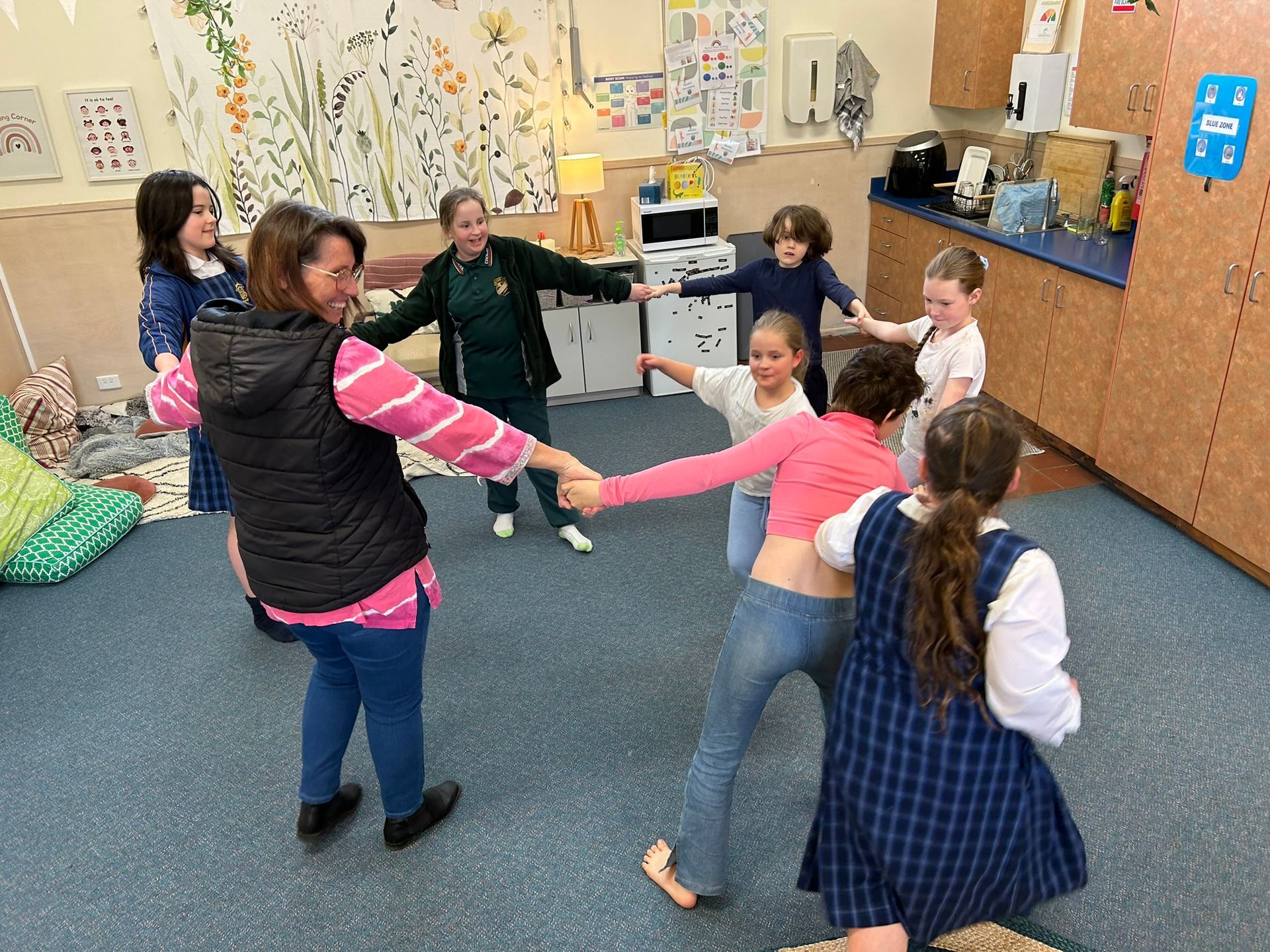Other Funding Supports
Fiona Goodall • March 1, 2023
Did you know?
Apart from the NDIS, there are several state and federal benefits and funding support options available to support families with autistic children. Your family may be eligible for some of the below. If you know of other government schemes, please email us and we can add them to this list to share with other families.
Previously, the
NDIS early childhood approach supported children younger than 7 and their families.
From 1 July 2023, the age of children supported under the early childhood approach will progressively change, to include children younger than 9.
https://www.ndis.gov.au/news/9175-age-children-supported-under-ndis-early-childhood-approach-changing
Better Access to Mental Health Plan Also known as Mental Health Care Plan This plan provides (per calendar year): • 10 sessions of individual therapy with a psychologist, occupational therapist, or social worker. • 10 group sessions of therapy with a psychologist, occupational therapist, or social worker. The Better Access to Mental Health Care plan is available for anybody (Autistic individuals, parents, siblings, carers etc.). It’s for anybody who feels that their wellbeing and mental health is at risk. https://www.health.gov.au/our-work/better-access-initiative
Health Care Card – A Health Care Card is a concession card that allows holders to be bulk billed or given a discounted rate at GP’s, access to more affordable medications, assistance with hearing services and other discounted services. Families that receive a carer payment or carer allowance will automatically receive a healthcare card for their child. When your child turns 16, the card will be transferred to the child. For more information - https://www.servicesaustralia.gov.au/health-care-card
The Helping Children with Autism Access to Diagnosis and Treatment Plan (sometimes called Medicare Item 135 or Item 137). This plan provides the following: • 4 appointments for private diagnosis referred by a paediatrician or psychiatrist to a psychologist, speech pathologist, occupational therapist, audiologist, optometrist, orthoptist or physiotherapist. This is called the ‘Helping Children with Autism Increased Access to Diagnosis’ • 20 sessions with a psychologist, speech therapist, occupational therapist, audiologist, optometrist, orthoptist or physiotherapist. This is called the ‘Helping Children with Autism Treatment Plan.’ • This plan was previously only available to those under 13 years old. As of March 2023, this plan is now available for those under 25 years old. https://www1.health.gov.au/internet/main/publishing.nsf/Content/autism-children
Carer Support , Respite & Other Programs (including siblings and child/teen carers) – Carer Gateway provides free and confidential information on local carer support for parents of children with autism. If you need emergency respite care, call Carer Gateway on 1800 422 737 between 8am-5pm Monday- Friday. For more information - https://www.carergateway.gov.au/
Fee-free TAFE - The Australian Government, in partnership with all the states and territories, is delivering 180,000 Fee-Free TAFE and vocational educational places at a cost of $1 billion from 1 January to 31 December 2023. Eligibility for Fee-Free TAFE includes the following priority groups include: First Nations Australians, young people (17-24), people who are out of work or receiving income support payments, unpaid carers, women facing economic insecurity, women undertaking study in non-traditional fields, people with disability, certain categories of visa holders. Information here: www.yourcareer.gov.au/fee-free-tafe










